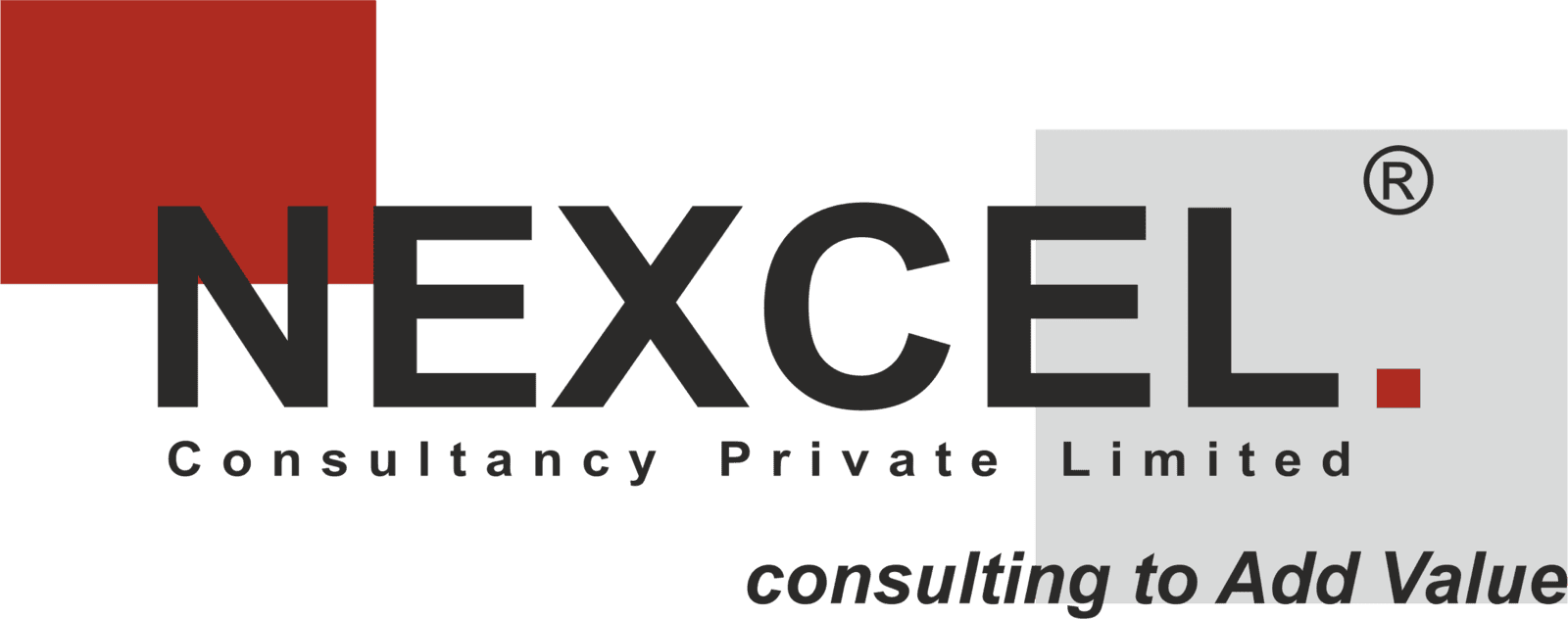Outsourced FP&A Services: Your Strategic Financial Partner
This guide explores how businesses, especially Micro, Small, and Medium Enterprises (MSMEs), are leveraging outsourced FP&A and virtual CFO services to drive growth. Discover the benefits, impacts, and future trends of financial consulting to make smarter, data-driven decisions.
Why Consider Outsourced FP&A Services?
Outsourcing your finance function shifts the focus from a costly in-house department to a flexible, expert-driven model. This allows you to reallocate resources and capital towards what truly matters: achieving core business growth.
Typical resource allocation before vs. after outsourcing FP&A.
Cost Efficiency
Reduce overheads associated with full-time salaries, benefits, and software licenses.
Access to Expertise
Gain insights from seasoned financial experts and industry specialists instantly.
Enhanced Scalability
Scale your financial support up or down based on business needs without hiring delays.
Core Business Focus
Free up internal teams to concentrate on innovation, customers, and strategic growth.
Click on a benefit card to see more details here.
The Transformative Impact
Moving to an outsourced model delivers tangible improvements across key business metrics. This section visualizes the typical uplift in performance, enabling faster, more accurate, and strategically-aligned business operations.
Forecast Accuracy
Leveraging advanced tools and expert analysis leads to more reliable financial forecasts. This reduces uncertainty and helps in proactive planning, minimizing financial risks and capitalizing on opportunities more effectively.
The Evolution of FP&A Services
Outsourced FP&A is continuously evolving. What began as simple bookkeeping support has transformed into a high-value strategic partnership, driven by technology and a deeper integration with business strategy. Click on each stage to learn more.
Stage 1: Foundational Bookkeeping
Basic data entry and compliance.
Stage 2: Standard Reporting
Generation of historical financial statements.
Stage 3: Tech-Enabled Analysis
Using software for budgeting and basic forecasting.
Stage 4: AI-Driven Advisory
Predictive analytics and strategic partnership.
Stage 1: Foundational Bookkeeping
Early outsourcing focused on transactional tasks like recording income and expenses. The primary goal was accuracy and compliance, providing a basic financial record with minimal forward-looking insight.
The AI Revolution in Finance
Artificial Intelligence is the engine powering the next generation of FP&A services. It automates repetitive tasks and, more importantly, uncovers deep insights from your data that are beyond human capacity for analysis, turning finance into a predictive and prescriptive function.
Data Input
Sales data, expense reports, market trends, operational metrics.
AI-Powered Analysis Engine
Machine learning models process data to identify patterns, run simulations, and generate predictive forecasts.
Actionable Outputs
Scenario modeling, anomaly detection, cash flow predictions, strategic recommendations.
Why MSMEs Need Outsourced FP&A Now
For a small business, access to high-caliber financial planning and strategy is a significant competitive advantage. Affordable virtual CFO services level the playing field, providing the expertise of a full-scale finance department without the associated overhead.
In-House Financial Planning
- ✗High Fixed Costs: Full-time salary, benefits, training.
- ✗Limited Expertise: Generalist knowledge, narrow industry view.
- ✗Technology Gaps: Expensive software licenses and implementation.
- ✗Scalability Issues: Slow to hire and adapt to changing needs.
Benefits of Outsourced FP&A
- ✓Variable, Lower Costs: Pay only for the services you need.
- ✓Access to Specialists: Team of experts for financial modeling.
- ✓Best-in-Class Tech: Leverage top-tier tools without the investment.
- ✓Flexible & Agile: Instantly scale services to match growth.
Key Questions About FP&A Consulting
Transitioning to a virtual CFO or outsourced model involves important considerations. Here are answers to common questions business leaders ask when evaluating this strategic financial decision.
It's a shift from 'control' to 'collaboration.' You retain all decision-making authority. The outsourced partner provides data, insights, and scenarios, empowering you to make more informed decisions, not fewer. It's about gaining a strategic partner, not losing control.
Reputable firms use enterprise-grade security measures, including data encryption, secure access controls, and regular audits. These protocols are often more robust than what a typical MSME can implement in-house. Always vet a potential partner's security credentials and sign a comprehensive non-disclosure agreement (NDA).
Look beyond basic qualifications. A great partner understands your industry, communicates proactively, and acts as a strategic advisor, not just a number cruncher. They should be invested in your growth and provide forward-looking insights, challenging your assumptions and helping you navigate future challenges.
